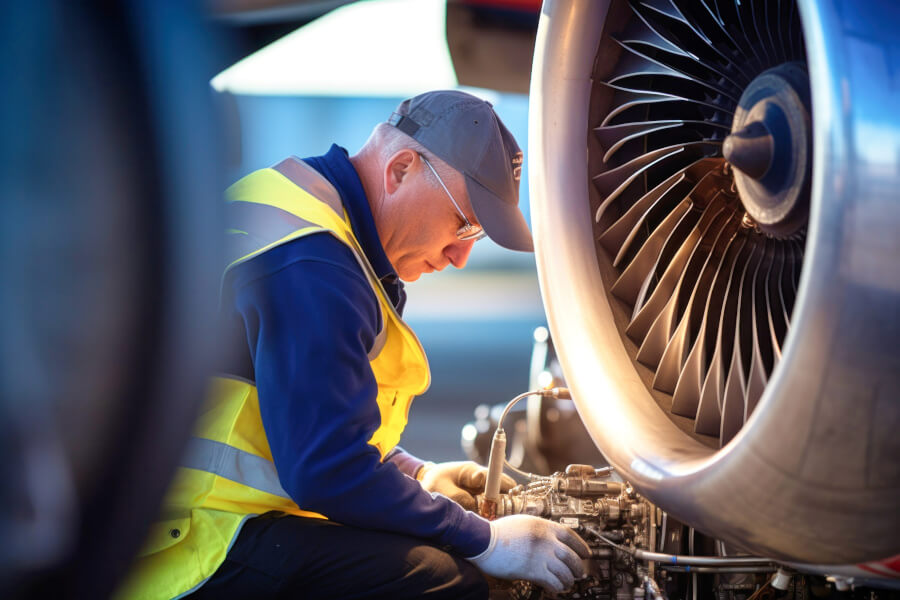Will UK air travel bounce back and how are careers in airports affected?

Over the last twenty years, the world of aviation has been faced with extreme weather, natural disasters, and terrorist attacks. Every time the industry has arisen stronger, making global technology advances to support the aviation industry. Now they have a global pandemic to overcome. With reported industry job losses of 62K, this is no mean feat but with a nation held back from travel for over 18 months surely this is more than possible.
Technology will be a key player in how the industry moves forward. Efficiencies that can respond to unpredictable fluxes in passenger numbers, as well as contactless experiences through airports, will become the determining factor for a sustainable future. But what about people?
A larger number of elements need more than technology, they need a physical presence and a career in aviation is a rich and rewarding choice. As we see air travel open little by little, an increase in aviation roles will become necessary and fast – but with so many people having lost their jobs, will experience be enough? There are key elements to ensuring your application stands out above the crowd, including:
1. Know the company you are applying to
It’s not enough these days to just apply for a role – you need to have an understanding of the company, its ethos and values. Doing your research early means you can tailor your CV not only to the role but outline common values with the company as well. It will also help in preparation for your interview, where a common question is nearly always – ‘What do you know about us and why would you be a great fit?’.
2. Don’t be shy
When writing a CV, you need to find the right balance between selling yourself and not coming over as self-important. The main focus areas for any CV are the top and middle area of the first page. You should outline your strengths and key areas of expertise so they will grab the potential interviewer on the first read. Make sure your attributes are proven with examples like qualifications, achievements, and work experience, and use evidence to support your claims. Remember, with aviation there is a high level of background and criminal record checks, so it is important to be honest.
3. Simple and clear CV
To ensure your CV is selected above the competition, keep it clear and concise with lots of white space. Use a simple font like Calibri or Arial. Two sides of A4 is the standard recommendation with a cover letter that is kept to one page. Bullet points are a great way to keep a clean look that also highlights your achievements, aligning them to the job description you are applying for.
4. A Cover Letter is vital
A cover letter is an essential document to accompany your CV. It is here you can detail the value you would bring to the role and the elements from your CV you really want to bring focus too. It should be positive, engaging and authentic.
5. Check, check and check again
Attention to detail is key. You can become blind to spelling mistakes and grammar errors when you have spent time preparing your CV, so it is strongly recommended that you ask someone you trust to read through for errors and typos. Don’t leave it there though. Make sure both the cover letter and CV are reviewed again, with an eye to make sure everything matches the requirements of the position you are applying for.
6. The Interview
This is as much a time for you to be interviewing the company as they are interviewing you. Ensure you have questions ready to ask that will help you understand if this is a company that you want to work for and at the same time you will then come across as engaged – Just make sure the questions you are asking aren’t clearly detailed on the company website … only ever ask what you can’t find out for yourself.
7. Amend your CV for every application
Each job will be looking for different elements from your career history and your abilities. Taking the time to amend your CV to highlight those achievements most relevant for each application will be time well spent to help make sure your CV is selected for the next stage of the recruitment process. It is a sure-fire way of helping the recruiter see what they need to, to know you have what it takes to succeed in the position.
How do I get a job in aviation?
If you long for a career in the aviation industry, contact PPR today for further information on current aviation roles near you.
Related topics of interest:







